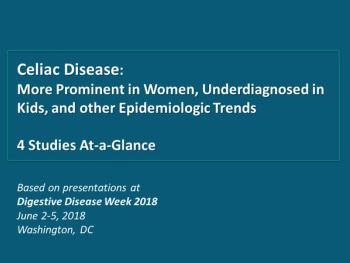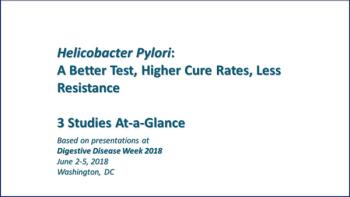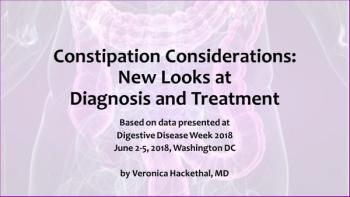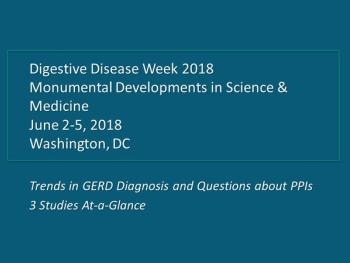
|Slideshows|June 4, 2018
Obesity Phenotypes: Origins and Implications
Author(s)Veronica Hackethal, MD
Three presentations at Digestive Disease Week 2018 shed light on proposed biologic underpinnings that determine risk for obesity and related complications.
Advertisement
Newsletter
Enhance your clinical practice with the Patient Care newsletter, offering the latest evidence-based guidelines, diagnostic insights, and treatment strategies for primary care physicians.
Advertisement
Latest CME
Advertisement
Advertisement
Trending on Patient Care Online
1
First Oral Film Treatment for Erectile Dysfunction in Men Gains FDA Approval
2
Long-Term Data Support Sustained Bimekizumab Response in Hidradenitis Suppurativa
3
Weekly Dose Podcast: New Obesity Data, Insulin Guidance, and Mental Health Screening
4
Topline Phase 2 Data Show Roflumilast Cream Improves Atopic Dermatitis in Infants as Young as 3 Months
5

































































































































